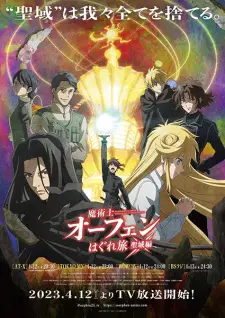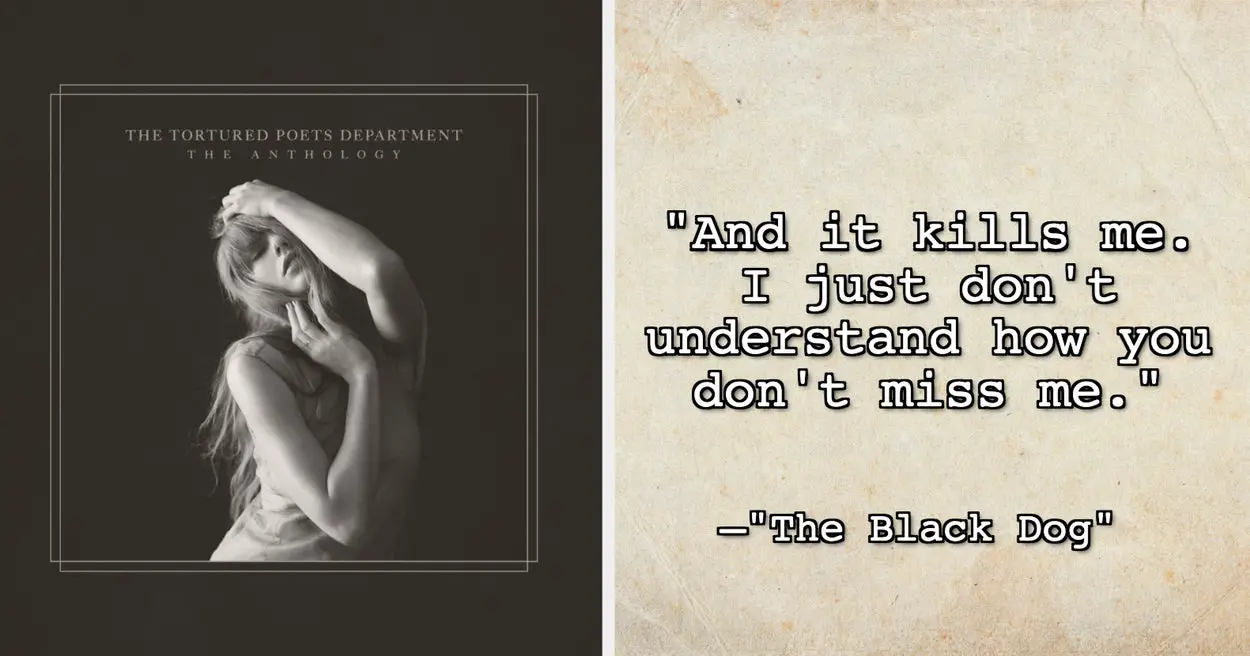My great-grandfather was born to a peasant family in Spain. At a young age, he spent some time training to become a priest, and although he ultimately chose another path, he nevertheless retained a great love for language: Latin, Greek, and Spanish, then Sanskrit, Quechua, Turkish, Indostani. After long years of military service, research, and hard work, he became a member of the Royal Spanish Academy. For years, he directed a team devoted to writing and editing dictionaries.
Meanwhile, he married a girl from his old village. They had eleven children and lost three of them. And he fought to hand down to them his Christian faith, intact from his journey from the village to the capital, which eventually reached my grandfather, my mother, and me. I have one of his dictionaries at home.
Every dictionary is different, you see. The personalities, years of hard work, deliberate choices, and worldviews of its makers are imprinted on it, long after they are gone.
The Great Passage, a hidden gem from 2016 based on Shion Miura’s 2011 novel by the same name (which also has a live-action adaptation), explores this theme by showing us the life of Majime Mitsuya and the dictionary he is writing with others. Each episode juxtaposes a particular word they are defining with the lives of the characters as the years go on. It is a calm, powerful, beautiful series about adulthood. It also got me thinking. We don’t often consider how a dictionary is written, do we? And isn’t that often the same with the books of Scripture?
Does this creative process really matter though? Well, for Majime, a dictionary is a ship designed to cross the sea of words that connects us all—the ocean of human connections, concepts, and thought, with all its mystery and depth, its colors and hues, its fun and the joy that occasionally manifests from heart to heart.

Majime has a hard time connecting to people, including the girl he likes. He’s a hard-working salesman, but absolutely terrible at his job because, in the end, he is totally unable to grasp the subtleties of everyday communication. That ocean is a daunting one for him.
But Majime is also humble, honest, intellectually curious, and very precise. And when Masashi Nishioka, the cunning and playful young executive from the same company, tells a funny story about him to his bosses, the veteran editor Kōhei Araki and the wise Professor Matsumoto see in Majime the potential to make their dream come to life.
And what is that dream? Why, a new dictionary. One that is not overtly shaped by an interest group, so that it may serve as a true instrument of connection for Japanese speakers. Araki and Matsumoto know that the work will take years and that they may never see the end of it. But for them, it is very important. As Matsumoto says, they feel called to do it by a higher power.
So did the human authors of the Bible. And we believe they were.

I have quoted before Leo XIII’s words (he was, incidentally, the Pope of my great-grandfather’s youth) stating that in Scripture, we have “a Letter, written by our heavenly Father, and transmitted by the sacred writers to the human race in its pilgrimage so far from its heavenly country.” At the center of The Great Passage, there is also a long letter, one that Majime writes. Interpreting this letter correctly makes all the difference to unveiling Majime’s heart.
Every pilgrimage needs a map, and misreading the signs and directions could potentially lead us to run in circles, hit dead ends, or get lost in dangerous places. God is not mistaken. God does not lie. So we Christians know the Bible to be “inerrant,” wholly truthful, and truly helpful. But we may still misinterpret it: words are tricky.
They are beautiful, too, and may open up our world to an unimaginable degree. There is a human Universe of inner truths, and the magic of this show is in how well it connects seemingly abstruse questions about words to the very human trials and tribulations of its cast. It is relatable, artsy, and wise. And deeply kind, too.

Every episode is named after a word that is defined in the course of the plot in such a way that illuminates the connections and discoveries made by our team. The dictionary of The Great Passage is to be an evocative, poetic reference work. And thus, the words are Bōyō, “Vastness”, Hōchaku, “Encounter”, and Koi, “Love”. Then, there is Zenshin, “Steady Progress”, Tayutau, “Waver”, Kyōshin, “Resonance”, Shinrai, “Trust”, Kinji, “Pride”, and lastly, Akari, “Light”. How would you define them? You might be surprised.
Watching the show unfold, I was reminded of many words that have had a big impact on my life. There is the Greek word eilikrineia, which means “purity”, but taken literally, it’s more like “transparency in the light.” There is the Hebrew root yada, “to know”, that refers to an intimate, powerful experience of the truth of something. It’s like saying “you will see!”

These are Biblical words, and I feel they give a different ring, color, and weight to passages like Isaiah 49:26: “and all flesh shall know that I the Lord am thy Savior,” or 1 Corinthians 5-8 “let us keep the Festival, not with the old bread leavened with malice and wickedness, but with the unleavened bread of purity and truth.” We may get why the Serpent’s discourse in Genesis 3:5 is attractive to Eve: “The moment you eat of it your eyes will be opened and you will be like gods who know what is good and evil.” Or we may understand why being pure was something Israel valued so much, and understand the words of Jesus about it.
Of course, using these words like this presupposes a particular worldview—one in which the truth is something powerful and the cleansing of one’s conduct lets light shine through. The personality of both the Divine and the human authors shines through all the very different books that compose the Bible. The words of the Scripture turn out to be connected to our lives.

You might still be puzzled by the idea of books—let alone dictionaries—having a “personality”. How different can they be, really? The show tells us in a comical way through the scenes in which the various dictionaries literally speak, but it also addresses this theme more seriously when Majime becomes a part of the team of four.
How long do you want the dictionary to be? Will it include only words currently in use? What about proper names? Will there be examples? Images? In-references? Jargon from technical fields? Original research? Vulgar words? What will the style be? What about common metaphors, ideological terms, or terms that are commonly misused? You pick. And when you do, your imprint will be left behind. In the show, the dictionary keeps developing as life goes on for Majime, from word to word and finding to finding, while love, friendships, difficulties, jobs, and the realities of adulthood wax and wane. As the years go by, we come to know Majime Mitsuya’s team deeply, as well as their world—and ours.

The life of my great-grandfather, according to a family friend who became his biographer, was a lot like that, too. These days, I have been coming across excerpts from his works, old photos, and family stories, and getting a general view of a humble, courteous, warm, curious, hard-working man of the early 20th century. A man who went through life with a Christian outlook.
Like Deku, I’m all about homages, so in subsequent articles, I would like to risk talking about the four Evangelists, the divinely inspired First Christians who, nevertheless, had to use their own writing abilities, interviewing skills, reading of the Old Testament, and meditation on the words of Our Lord in order to let the light shine through.
What criteria did they use? What was highlighted and what was left out? What was their project? Luckily for us, they themselves offer us some insights. “Now Jesus,” the Gospel of John tells us, “did many other signs in the presence of his disciples, which are not written in this book. But these are written so that you may come to believe that Jesus is the Messiah, the Son of God, and that through believing you may have life in his name.”

Also, Luke 1: “Since many have undertaken to set down an orderly account of the events that have been fulfilled among us, just as they were handed on to us by those who from the beginning were eyewitnesses and servants of the word, I too decided, after investigating everything carefully from the very first, to write an orderly account for you…” Who is “you”? Luke continues “…most excellent Theophilus,” but that name just means “lover of God.” Why? Well… “so that you may know the truth concerning the things about which you have been instructed” in the Church. The writers of the Gospels, much like Majime and his team, are writing a letter for us. They want us to have a ship by which to enter the infinite ocean of the life of Christ and His message, so that we may come to know His personality and the impact He had on the people around Him.
But the writers of the Gospels had divine assistance or inspiration too, so as not to err, and so they would convey true meaning, so that the Holy Spirit may literally use the books of the Bible to speak to us in deep, powerful ways, in our specific life situations. And God knew that we would need these words, these signposts, to understand, because we are semiotic creatures. See? And you thought you didn’t need a dictionary.
Okay, okay. “Semiotic” means “having to do with signs and meaning-making.” As the blogger Philosophical Catholic says here, “…around my desk alone—a cup is a sign of drinking, my books are signs of work to be done (in addition to the speculative role they play in being signs of thoughts about various topics), the picture of my wife and I is at once a speculative sign of an event to be remembered and an act of affection that I morally ought to have every so often. Trust me for now—signs are everywhere. We bathe in an ocean of them, an ocean.” An ocean indeed.

And how was this letter, this map made of words, deeds, and signs, handed to us? What is the archeological story of the Four Gospels? The Great Passage gives us a brief history of dictionaries from the 19th century onward, told through flashbacks, to contextualize the team’s work. Let’s do something like that too.
The earliest quotation of the Four Gospels was by Papias, the Bishop of Hierapolis, who was born in the First Century and called by St. Irenaeus (c. 130 – c. 202) “a hearer of John, and companion of Polycarp, a man of old time.” Irenaeus also said that the Gospels were four and only four, comparing them to the four corners of the Earth. Consequently, though many non-canonical gospels were written at later dates, advocating the theological views of their various authors, only Matthew, Mark, Luke and John are listed in the Muratorian Fragment, composed between the years 180 and 200, and only they were canonized by the Bishops who assembled in the Council of Nicaea in 313 and copied and distributed them in the four corners of the Earth.

Going back to the time when the Gospel was preached by eyewitnesses and living Apostles, though—when you could take a boat and interview St. Mary, for instance—can free us from the impulse to consider them mere texts and help them come to life. It can help us to hear the voice of God and humanity imprinted in each book, and try to let the light shine through.
I have barely scratched the surface of The Great Passage and its character arcs in this introductory post, and I have made an effort to keep things spoiler-free. My intention is to go deeper in the coming posts, character by character, showing how words become life, and drawing parallels to each Evangelist. And hopefully, letting the words become life for you, too.
The Great Passage is, to my mind, one of the crown jewels of anime. I’m quite sure my great-grandfather would have liked it. If you haven’t already, I recommend you give it a try these days. You will see.
The Great Passage can be streamed on Amazon Prime Video.










Leave a Reply